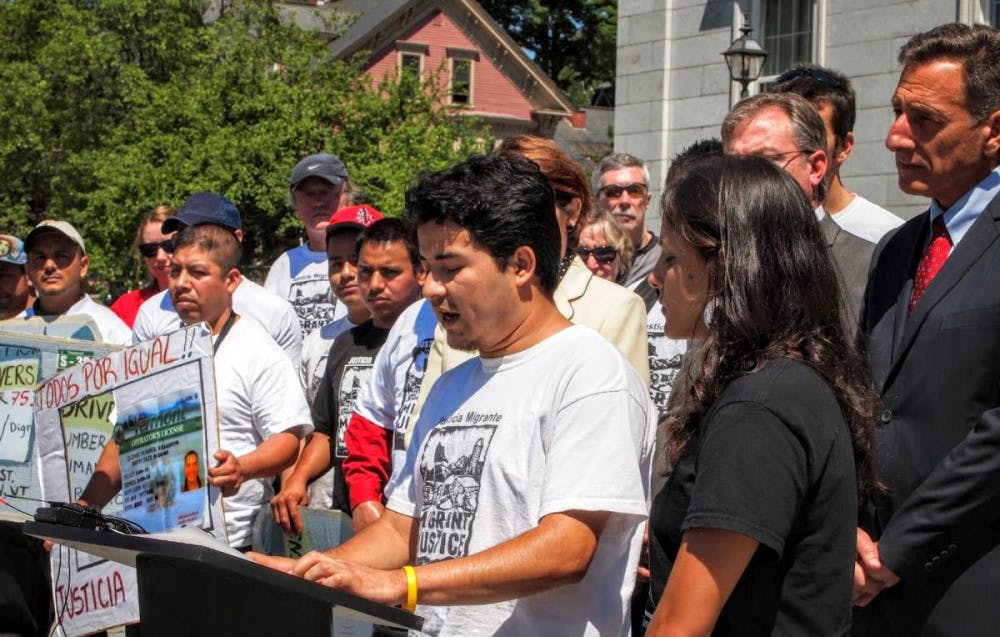Vermont has become the first state to create a Covid-19 economic stimulus fund for residents previously unable to receive federal stimulus checks. Signed into law on Oct. 2 by Gov. Phil Scott, the program largely benefits undocumented immigrants and is projected to aid up to 5,000 Vermont residents.
The state approved $5 million to be distributed to those previously unable to receive federal aid, allocated in checks of $1,200 for adults and $500 for children.
Migrant Justice, a Burlington-based non-profit, proposed such a fund after undocumented families were excluded from early federal payments. “Today is a new day. Things are finally starting to change. Vermont is beginning to recognize us,” Migrant Justice tweeted in response to the news.
Up to 4,000 adults may benefit from the fund, as well as up to 1,000 children, as estimated by the Joint Fiscal Office of the Vermont General Assembly. Around 3,000 are thought to be undocumented immigrants, while others were unable to recieve federal benefits after filing taxes with an undocumented spouse.
The program is to be administered by the Agency of Administration, the Executive Director of Racial Equity and the Agency of Human Services.
Will Lambek, who works with Migrant Justice in Burlington, explained that the plan is largely the result of immigrant farm workers lobbying elected officials in Vermont. The workers, whom the state classified as “essential workers” during the early stages of the pandemic, were excluded from relief funds that benefited similar wage earners.
“Immigrant farm workers led a six-month campaign to push this proposal forward, ultimately convincing the Governor to include the idea in his budget proposal and the legislature to fully fund it,” Lambek said.
As the first state to enact such a program, Lambek is hopeful that Vermont will inspire other states to states to follow suit. “Vermont is sending a message that when we as a state respond to a crisis, the response must include everyone,” Lambek said.
Alondra Carmona ’21, President of the Juntos student organization on campus, stressed the unique ways the pandemic has especially affected farmworker communities. “They are exposed every day and will continue to be exposed because they do not have the means to take time off,” Carmona said.
For Carmona, the state’s fund is a critical step in the right direction. “Having this stimulus check will mean that these farmworkers will be receiving the support they should have been given since the beginning of the pandemic,” she said.
Despite the major victory, Migrant Justice continues to press forward to address more underlying issues affecting immigrant farmworkers in the state. One current project is the Milk with Dignity program to reform Vermont’s dairy industry.
“We urge Hannaford supermarkets to take responsibility for the conditions behind its store-brand milk and join the Milk with Dignity program,” Lambek said.
The bill was more than welcome news for members of Juntos and other supporters of the migrant farmworker community. Carmona explained the importance of the development and urged continued support. “We are happy to hear this news and hope that the Middlebury community can also provide social and financial support for this vulnerable population.”
Jack Summersby is a local editor.




